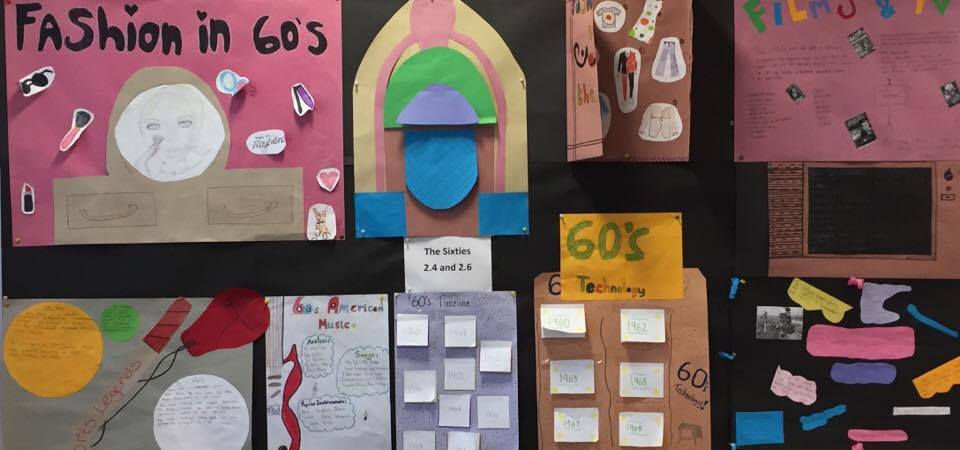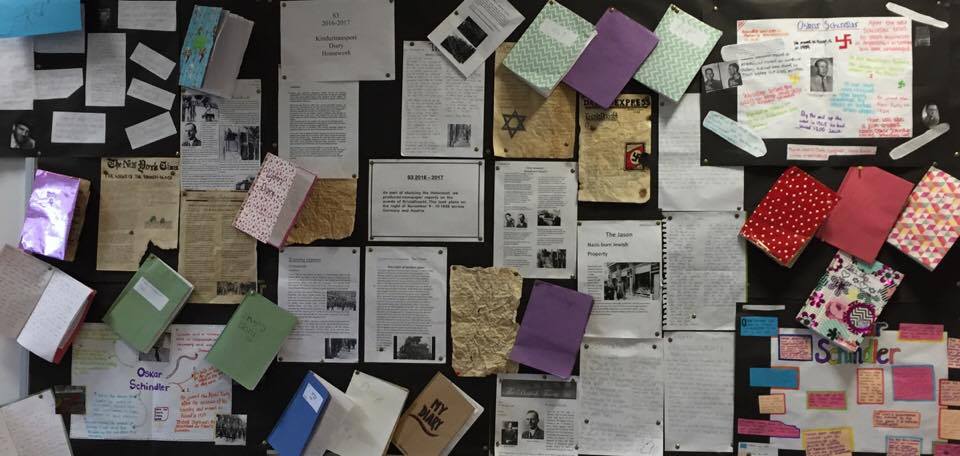History
Mr K Ross
Ms S Matheson
Geography
Modern Studies
‘The History Department delivers an engaging study of the past that illuminates the world today. Our pupils develop essential workplace skills, such as writing, reading, comprehension and communication. Studying History empowers pupils to make informed decisions, communicate effectively, reflect, adapt, and be independent, critical thinkers.’
S1
What is History?
Skara Brae
American West, 1840-95
The Victorians
S2
Mary Queen of Scots
Titanic
USA in the 1960s
The Assassination of JFK
S3
The Holocaust
The American Civil War
The Civil Rights Movement
Causes of WW1
National 5
The National 5 History course is made up of 3 units. Pupils sit internally marked assessments for each unit. Additionally, they submit an Assignment and sit a final exam, both of which are marked externally by the SQA.
The units studied by the pupils are:
The Era of the Great War, 1900-1928
Pupils study the experiences of Scots on the Western Front and the social, economic and political impact of the Great War on life in Scotland.
Changing Britain, 1760-1914
Pupils study the reasons for and the impact of industrialisation on Britain. Pupils also study the social, political and economic developments that occurred in Britain in this era.
Hitler and Nazi Germany, 1919-1939
Pupils study the attempts at creating a democracy in Germany in the years following the Great War, how these collapsed and the nature of the Nazi state.
Assignment
As part of the National 5 course, pupils produce an Assignment. This contributes up to 25% of each pupil’s overall grade. Pupils choose their own appropriate question to research. Information is then organised to address the question, with the pupils using knowledge and analysis to produce an essay in a one hour write-up session under examination conditions.
Pupils are encouraged to take responsibility for their learning as they encounter different topics and skills. The pupils experience a range of learning and teaching styles during the course including group work, ICT research tasks and self/peer marking.
Higher
The Higher History course is made up of 3 units. Pupils sit internally marked assessments for each unit and also submit an Assignment and sit a final exam, both of which are marked externally by the SQA.
The units studied by the pupils are:
Migration and Empire, 1830-1939
Pupils study population movement and social and economic change in Scotland and abroad at this time, learning about empire, migration and identity.
Britain, 1850-1951
Pupils study how Britain has developed into a modern democracy and also learn about how the role of the state in the welfare of its citizens has developed, with reference to the themes of authority, ideology and rights.
USA, 1918-1968
Pupils study the growing tensions in US society at this time, focusing on racial divisions, growing federal powers and the struggle for civil rights, with reference to the themes of ideology, identity and rights.
Assignment
At Higher level, pupils produce an Assignment. This contributes up to one third of each pupil’s overall grade. Pupils choose their own appropriate issue to research which invites debate and argument. Information is then organised to address the question, with pupils using relevant knowledge, analysis and evaluation [including historical perspectives] to produce an essay in a one hour thirty minutes write-up session in examination conditions.
Pupils should proactively take responsibility for their learning as they progress through the course and encounter different topics and skills. They should be encouraged to add to their classroom learning and undertake their own independent reading as this will help them develop their historiographical awareness of the topics they have covered. The pupils experience a variety of learning and teaching styles during the course including group work, ICT research tasks and peer marking.

